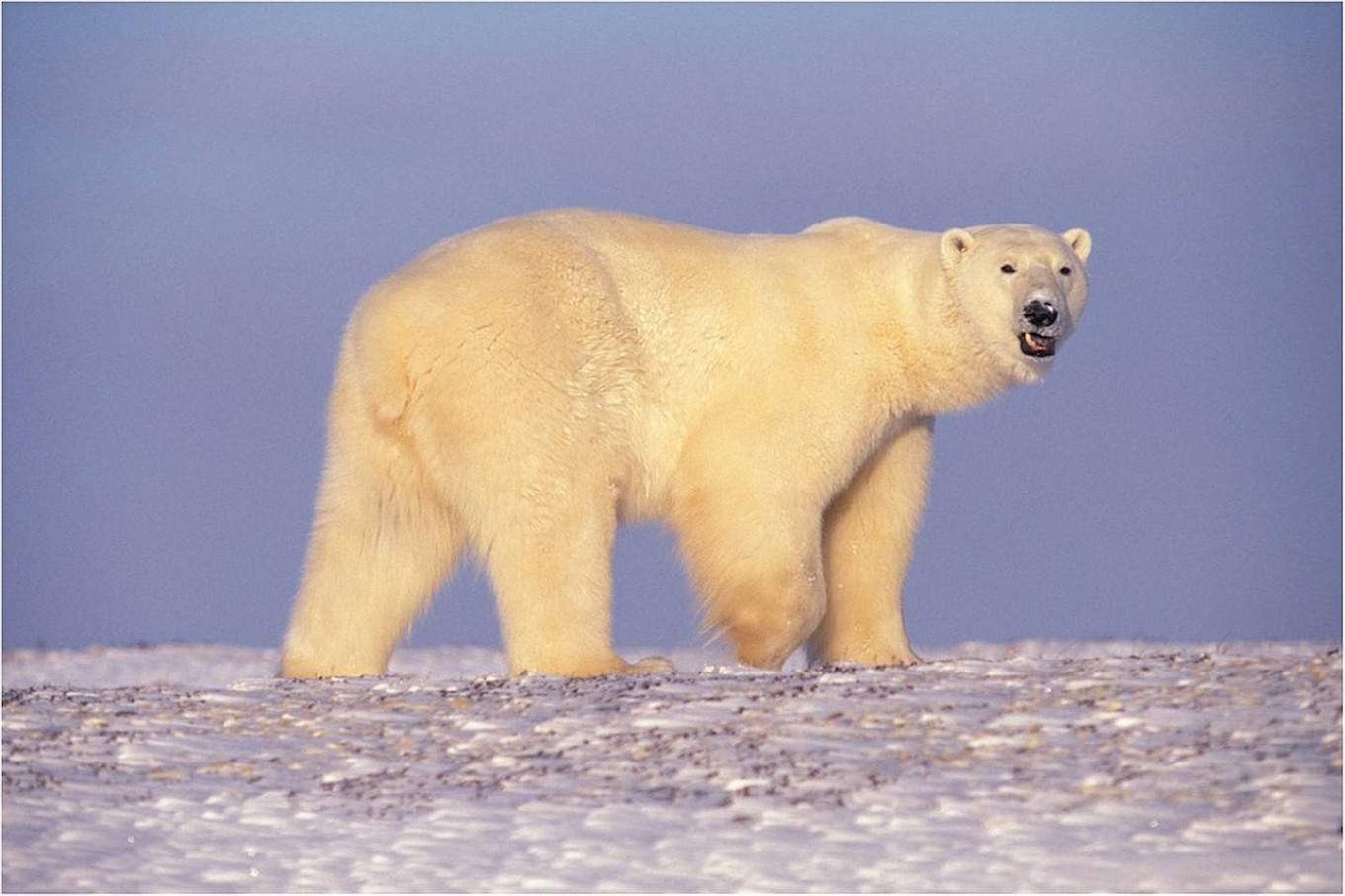
Plastic waste makes up one-quarter of polar bears’ diet as climate change pushes them closer to human settlements, Russian scientists have said while warning that the plastic risks killing the animals.
Polar bears have been forced to scavenge for food on land as climate change damages their sea-ice habitats. The animals have increasingly come into contact with people, and images of them wandering into cities in Siberia and rummaging through garbage in the Russian Arctic made international headlines this year.
This increasing contact allowed scientists to examine the gut and excrement contents of polar bears that eat out of garbage dumps, Ivan Mizin, deputy director of the Russian Arctic national park, told Interfax on Tuesday.
“When polar bears visit landfills, up to 25% of their stomach and excrement contents is [made up of] various plastic waste: bags, wrappers, etc.,” Interfax quoted Mizin as saying Tuesday.
“Exceeding a certain percentage threshold means that the animals will begin to die,” Mizin warned on the sidelines of a forum on Arctic tourism and marine debris in the northwestern Russian city of Murmansk.
Arctic birds and marine mammals were also found to have plastic in their organs, Interfax cited Mizin as saying.
Marine debris including plastics — though not as widespread as in the tropics and mid-latitudes — is also a cause of death for marine mammals, he added. He cited an unprecedented 2015 case in which a bowhead whale beached in the Arctic after getting tangled in fishing nets.
“This was the first such finding, there’s no documented data of that happening before,” Mizin was quoted as saying.
Scientists in Far East Russia warned last month that discarded fishing nets were trapping spotted seals and other marine wildlife in the Sea of Japan.
